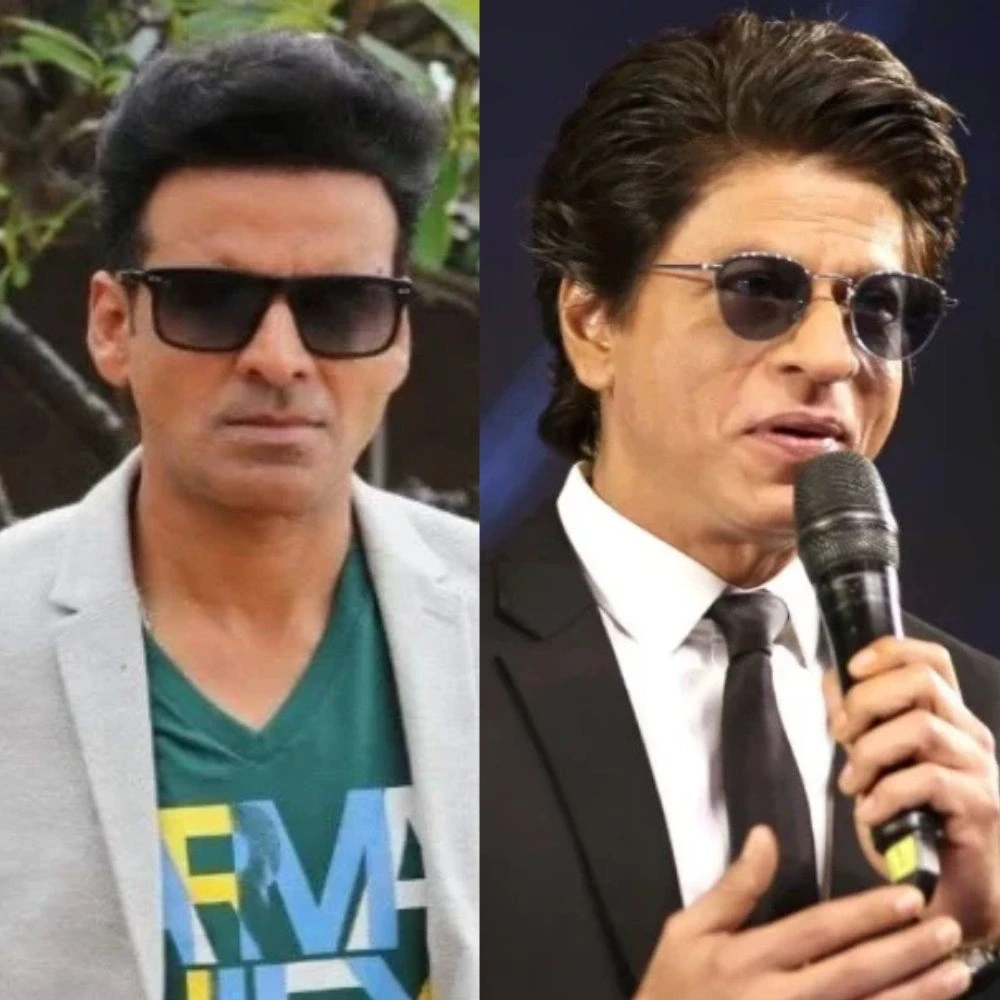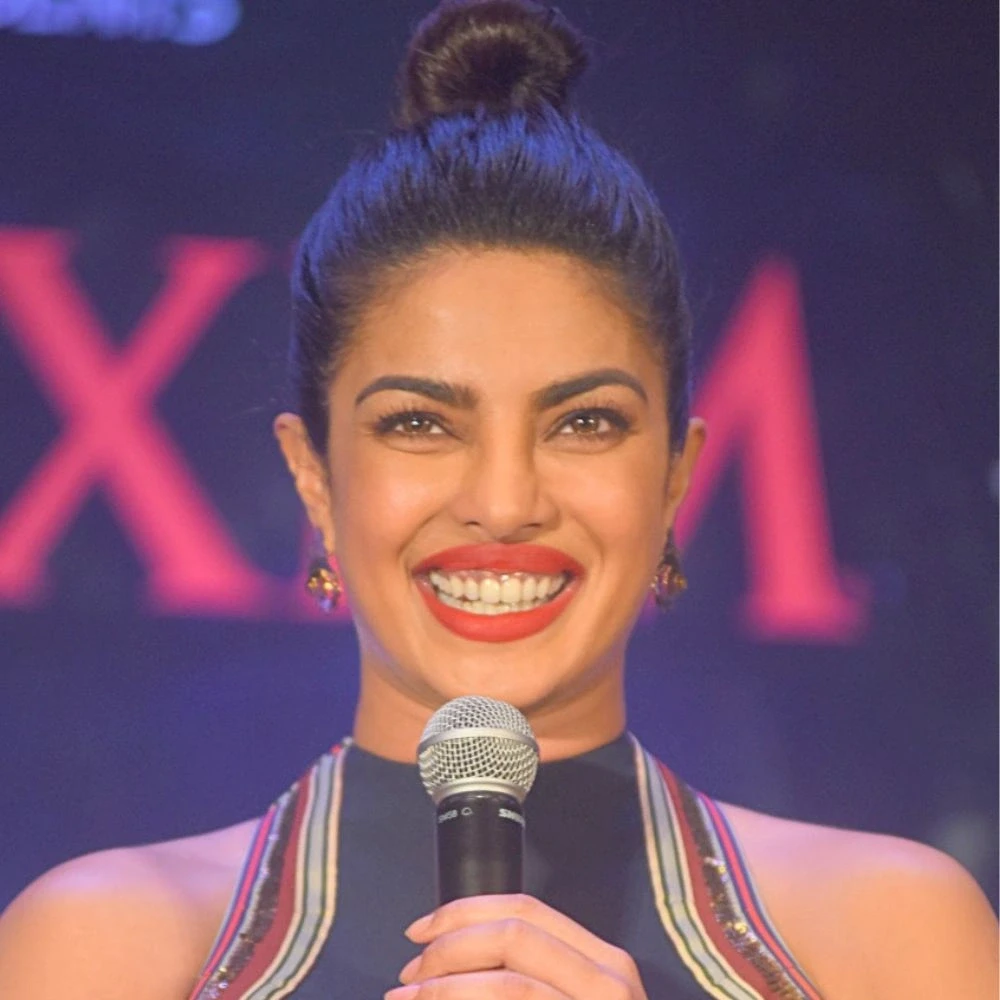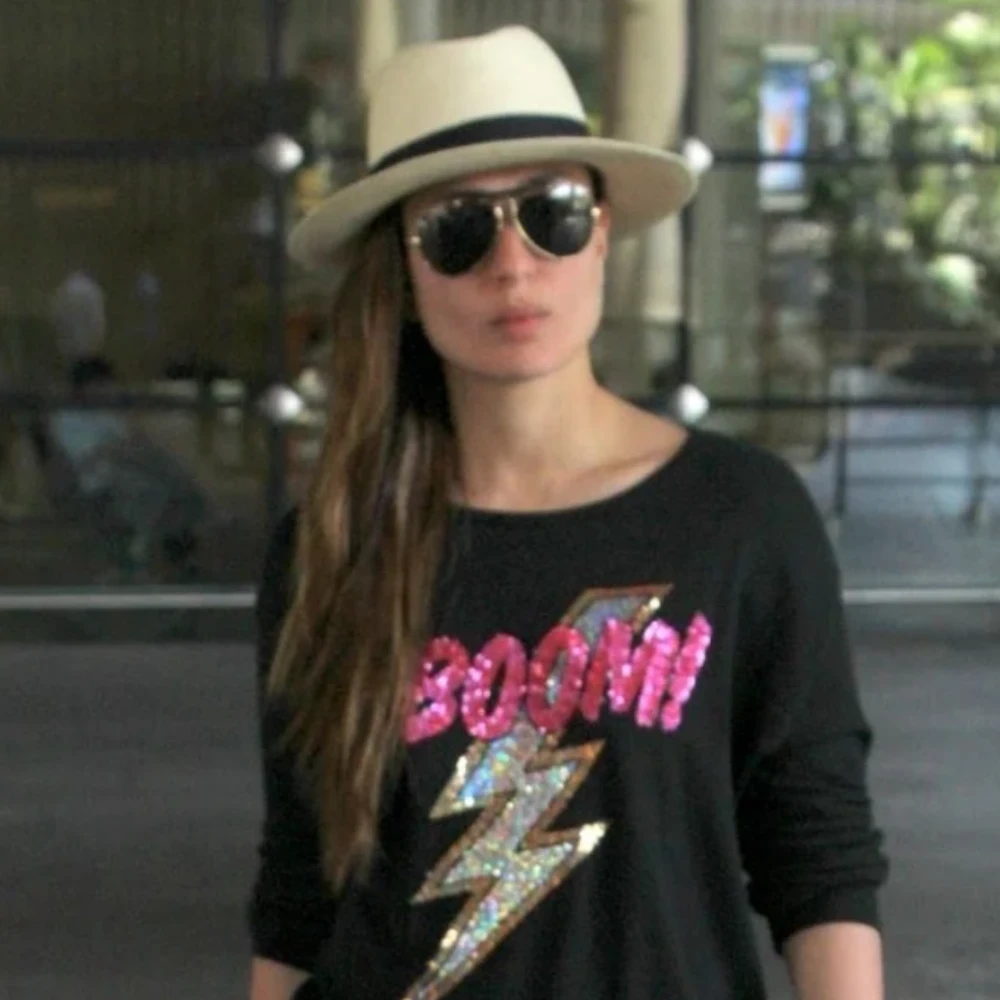The Ultimate Guide to Must-Try Vegan Meal Plan For Athletes
A well-balanced plant-based diet may help ensure optimal athletic performance and recovery. In this article, discover the ideal vegan meal plan for athletes.
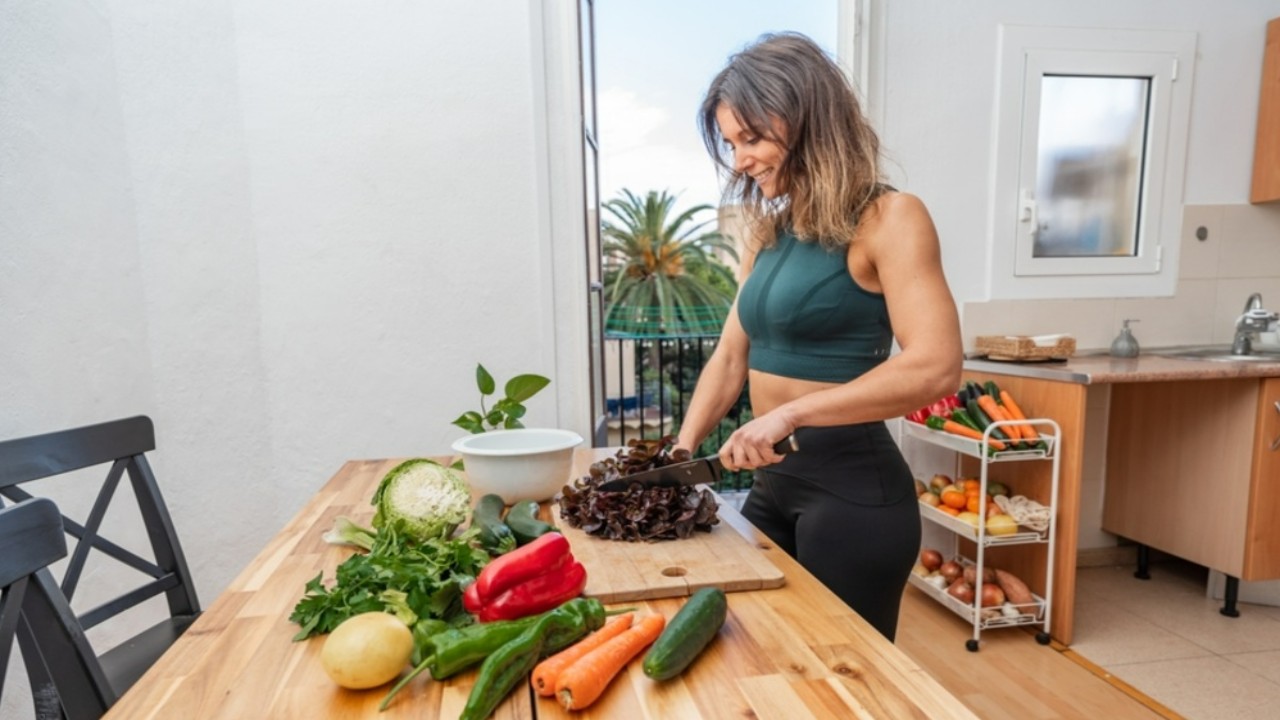
The term ‘veganism’ was first coined and developed by Donald Watson and Dorothy Morgan in 1944. It refers to a diet type that is entirely plant-based and excludes all foods that have an animal origin. A true vegan avoids incorporating all animal products in their daily meals which range from meat, eggs, fish, and dairy to animal-derived foods such as honey, gelatin, rennet, etc (1). A vegan meal plan for athletes may be beneficial for the body and overall health. From promoting a lower body mass index, lowering cholesterol, and improving blood pressure to maintaining bone mineral density ? a plant-based diet may have multiple benefits which makes it a good option to adopt for a healthier lifestyle. Veganism is a healthy lifestyle as it encourages the consumption of meals that are low in saturated fat and high in fiber content. Additionally, veganism may reduce an athlete’s chance of developing conditions including diabetes, cataracts, kidney stones, and other cardiovascular problems (2).
While a vegan meal plan for athletes may include well-balanced meals that would nourish their bodies with the required nutrients, it may also lead to some deficiencies of macronutrients. Hence, it is essential to ensure that these vegan meals for athletes are designed and planned meticulously to avoid the risk of any potential dietary deficiencies that may lead to a negative impact on their body, health, performance, and recovery (1), (3).
The vegan diet is best known across the world for its positive effects on human beings and also the environment which has contributed to its success and popularity. Due to its significance and expansion today, plant-based alternatives are now easily available in supermarkets, restaurants, and other places. Additionally, it is now easier to get vegan equivalents for animal goods including dairy-free milk, vegan cheese, and egg substitutes. A healthy vegan diet plan comprises fruits, vegetables, whole grains, seeds, nuts, and proteins (legumes, tofu, soy, peas, beans) (4).
It has a sufficient quantity of plant-based protein, carbs, and healthy fats that may benefit an athlete's physique, recuperation, and performance. With its growing popularity and significance, various renowned sports personalities have adopted this healthy lifestyle. From Tia Blanco, Venus Williams, Lewis Hamilton, Novak Djokovic, and Tony Gonzalez to Mike Tyson — multiple famed athletes across the globe have taken to following a plant-based diet plan. But what are the health benefits of this vegan meal plan for athletes?
From facilitating weight loss and fighting inflammation in the body to improving heart health — in this article, we have put together everything you ought to know about the favorable impact or advantages of a vegan meal plan for athletes across the world.
8 Benefits of a Vegan Meal Plan for Athletes
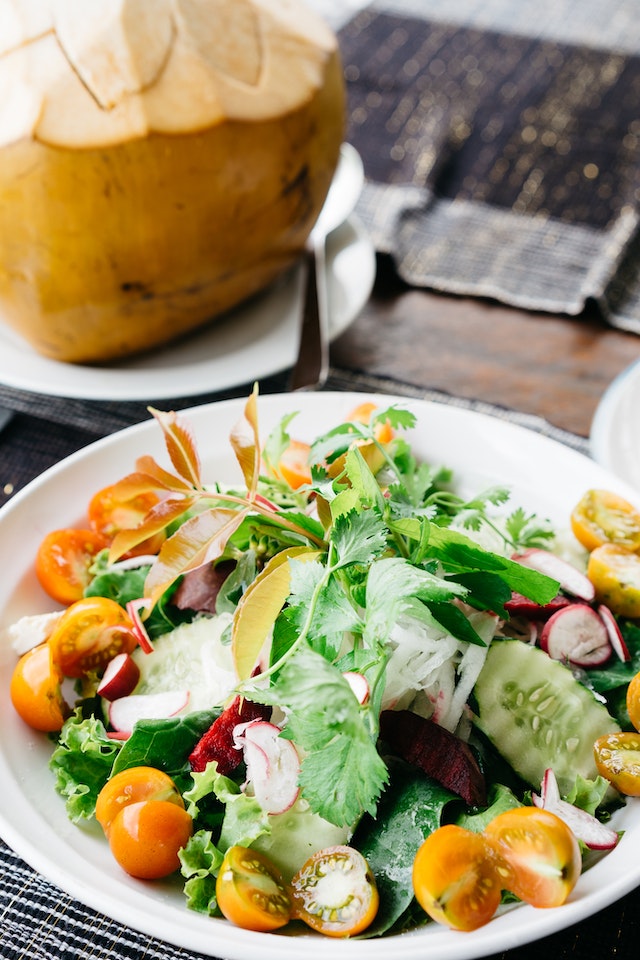
Following a vegan lifestyle may be beneficial for the human body and overall health as it promotes the consumption of meals that are wholesome and nutrient-dense. Ahead, find the ultimate edit of the health benefits of vegan meals consumed by a plant-based athlete.
1. May Lead to Improved Recovery
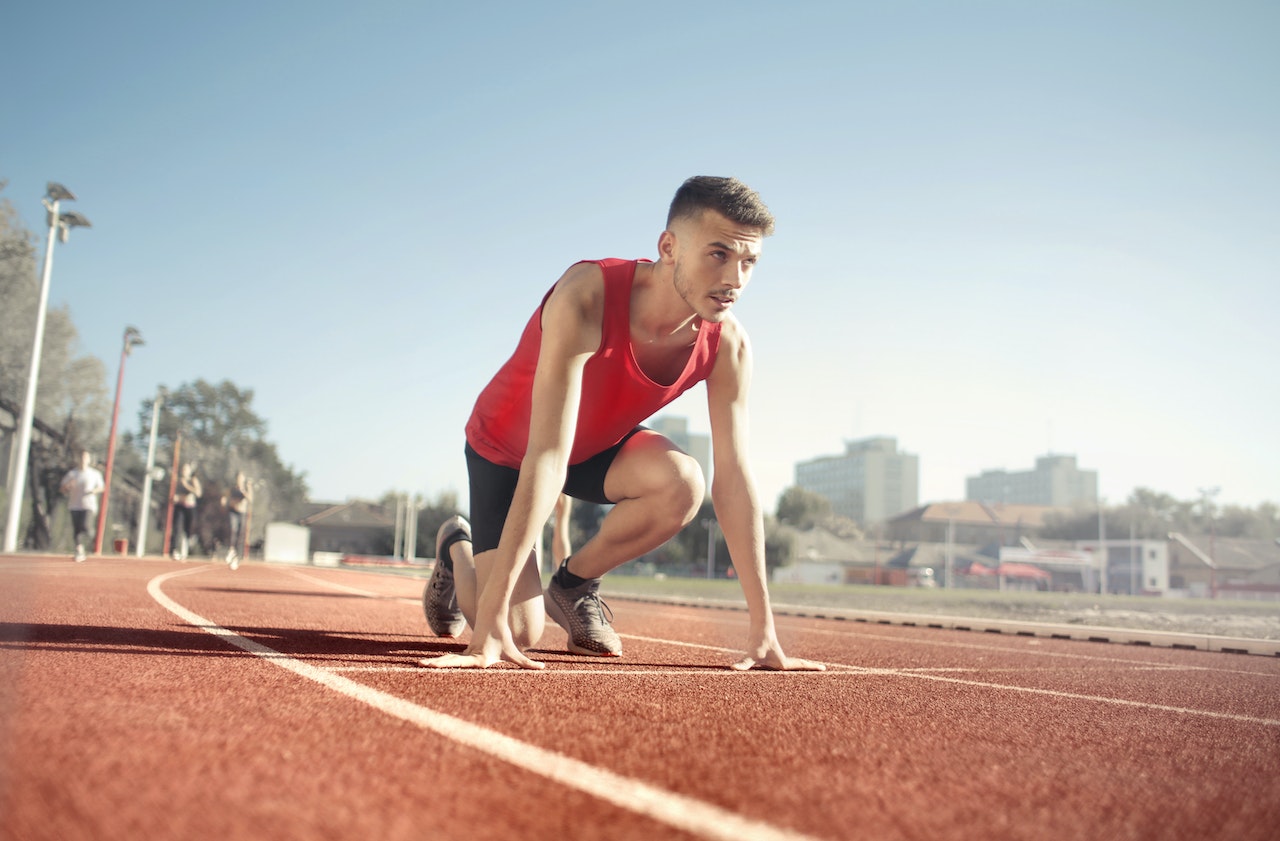
According to research, a vegan meal plan for athletes may help in speeding up post-exercise recovery. When athletes engage in exercising, it may cause mechanical and metabolic stresses that are often associated with symptoms such as exercise-induced muscle damage, pain and weakness in muscle tissues, and a state of fatigue. This may also cause inflammation and oxidative stress in the body which may further result in excessive fatigue development and affect their ability to perform in subsequent training sessions and challenges and make it challenging for the athletes to recover quickly after their exercise or training sessions (5).
Vitamin C and polyphenols found in vegetables and fruits may help in promoting post-workout recovery due to their antioxidant and anti-inflammatory properties. This might help neutralize the free radicals in the body and also effectively reduce inflammation. Consuming these nutrients may enhance recovery from muscle damage, suppress oxidative stress, and help in healing from exercise (5). Therefore, athletes who are vegan may benefit from the diet plan as it improves their recovery and rehabilitation process after exercise.
2. Facilitates Weight Loss And Management
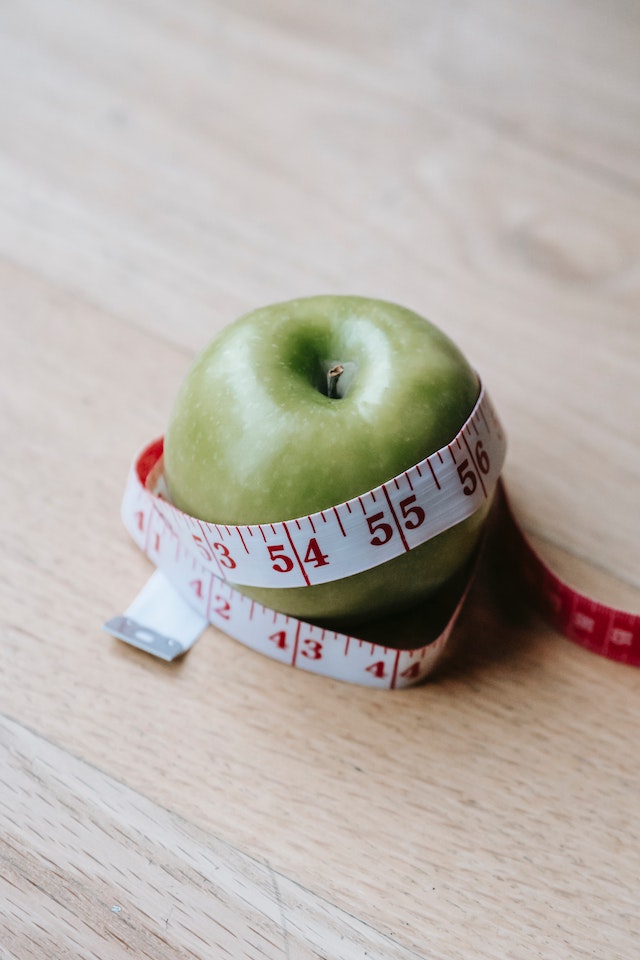
Studies suggest that a vegan meal plan for weight loss may be effective because this type of diet has less saturated fats, low cholesterol, and more dietary fiber. Hence, vegans tend to be thinner or slender in physical appearance (6). Another research states that a key feature of this diet plan is a reduced calorie density and a low cholesterol intake. These two factors may help in weight control and weight maintenance for athletes. Hence, a plant-based diet or vegan eating habits may play a significant role in causing a reduction in their body weight (7).
A vegan weight loss meal plan may enable athletes to maintain an ideal weight that is important for their high performance. According to research, the low fat and high fiber diet allows them to stay full for a longer duration and hence provides a great satiety effect. This leads to reduced calorie intake and weight maintenance which is important for athletic performance, especially in physical activities that require speed or agility (8).
3. May Enhance the Digestive System

While a plant-based lifestyle promotes healthier and ‘clean’ eating habits, a vegan meal plan for athletes may also have a positive effect on their digestive system and gut health. Studies suggest that veggies and fruits, which are predominantly used in vegan meals, may travel through the human digestive system quickly due to their high-fiber content. The consumption of these foods also helps prevent stomach problems such as constipation, feeds the gut bacteria, and more. Processed foods (pizzas, burgers, chips, etc) and meat (especially red meat) are hard to digest and may upset the bacteria in the human gut (9). Hence, a vegan diet plan may be beneficial for athletes as it helps in promoting a good digestive system and overall gut health.
Studies also suggest that vegan diets for athletes may have an impact on digestive system cancers. Plant-based diets may have a protective effect against various types of digestive system cancers and therefore, protects and enhances digestion in the human body (10).
4. Boosts Energy And Endurance Levels

If a plant-based diet for athletes is curated and planned properly, then it may have a favorable impact on their energy and endurance levels during the performance. Fruits, veggies, and whole grains contain good amounts of complex carbohydrates and they are also an excellent source of energy. These complex carbohydrates are healthy carbs that contain a lot of vitamins, minerals, and other essential nutrients which may nourish the human body (11).
Hence, a vegan diet may help in providing performance-enhancing effects for different types of exercises due to its high carbohydrate and antioxidant levels. However, the diet must be planned carefully to ensure that the nutrients are absorbed properly for better energy levels. Further, depending on the athlete and their specific body requirement, the vegan diet may accordingly include the appropriate amount of foods (12).
5. May Reduce Inflammation in the Body
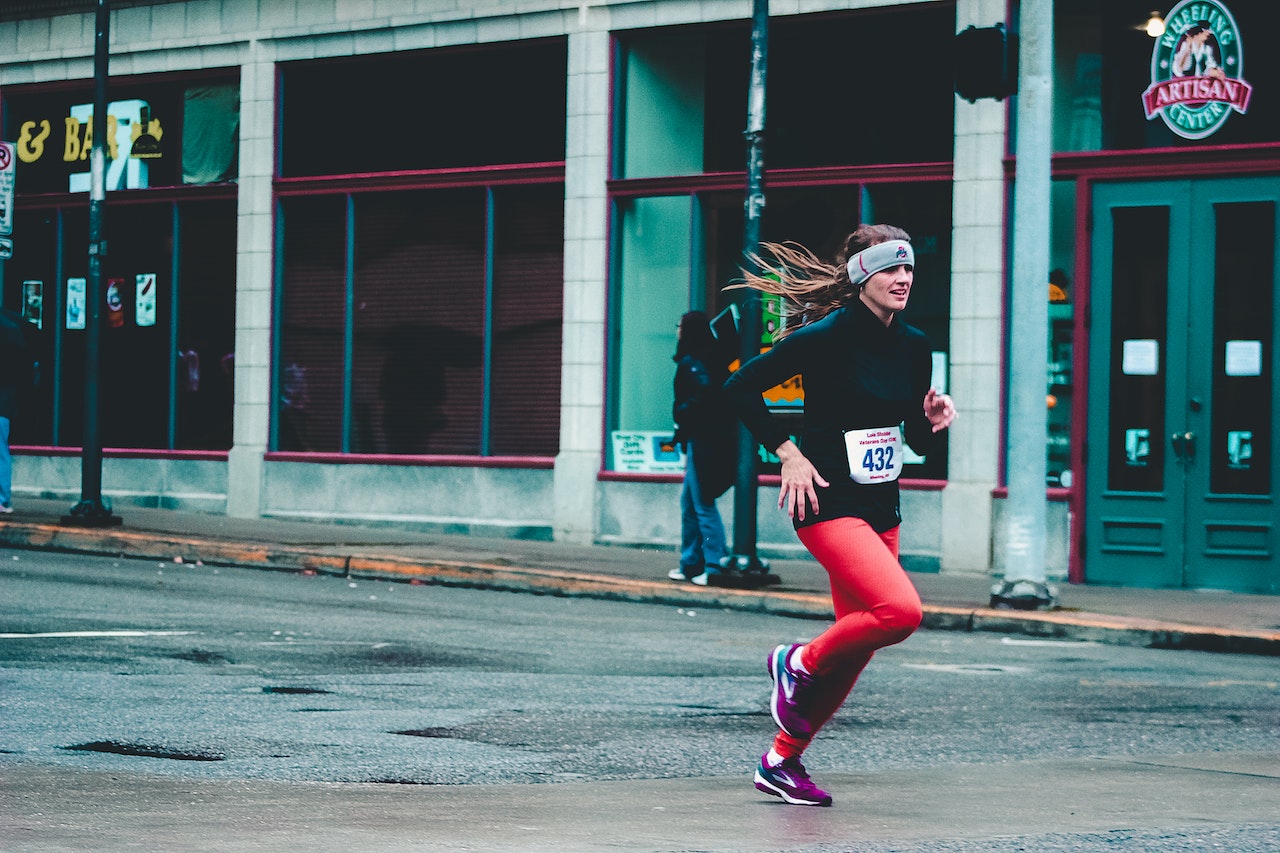
Another health benefit of a healthy vegetarian meal plan is that it may help fight against inflammatory diseases. Fruits, vegetables, legumes, whole grains, nuts, and particular varieties of soy products are frequently consumed in significant quantities by athletes on a vegan diet. According to studies, a plant-based diet may help prevent chronic inflammatory illnesses including type 2 diabetes, cardiovascular issues, and many malignancies since it contains these essential elements. Hence, when athletes follow this diet plan, it may help in modulating the multiple inflammatory biomarker profiles in their bodies for improved health (13).
6. Heals Musculoskeletal Disabilities And Muscle Pain

When athletes exercise for long strenuous hours or overuse their muscles in high-performance events, it may lead to musculoskeletal pain in their muscles, ligaments, tendons, and bones. During musculoskeletal issues, athletes often complain of body pain, feelings of muscle burn, fatigue, and disturbances in sleep (14). According to research, a vegan fitness meal plan for athletes may help in improving the status of these sports people who suffer from this musculoskeletal pain (15). Hence, following a vegan lifestyle may be extremely beneficial for athletes as it may help them recover from muscle pain and fatigue after their training sessions and events.
7. May Improve Heart Health and Functions

A vegan meal plan for athletes consists of dishes made with veggies, fruits, nuts, seeds, whole grains, and meat substitutes like tofu. Meals made with such ingredients are nutrient-dense and may have multiple benefits for cardiovascular health such as reducing the risk of heart issues, lowering high cholesterol, and fighting against type 2 diabetes (1). Therefore, adopting a plant-based diet and lifestyle may reduce cardiovascular morbidity and death among athletes. Apart from encouraging good heart health and regulating its functions, this type of diet also reduces the seriousness of conditions that may make cardiac outcomes even worse. A vegan diet is known to optimize glycemic and lipid controls in an athlete's body and hence, reduce their dependence on medications for maintaining heart health (16).
When the human heart is healthy and maintained, it may help the organ function properly and at its full capacity. Therefore, it may pump nutrient-rich blood and oxygen throughout the body which leads to a good overall health of the athlete (17).
8. Provides Essential Nutrients to the Body
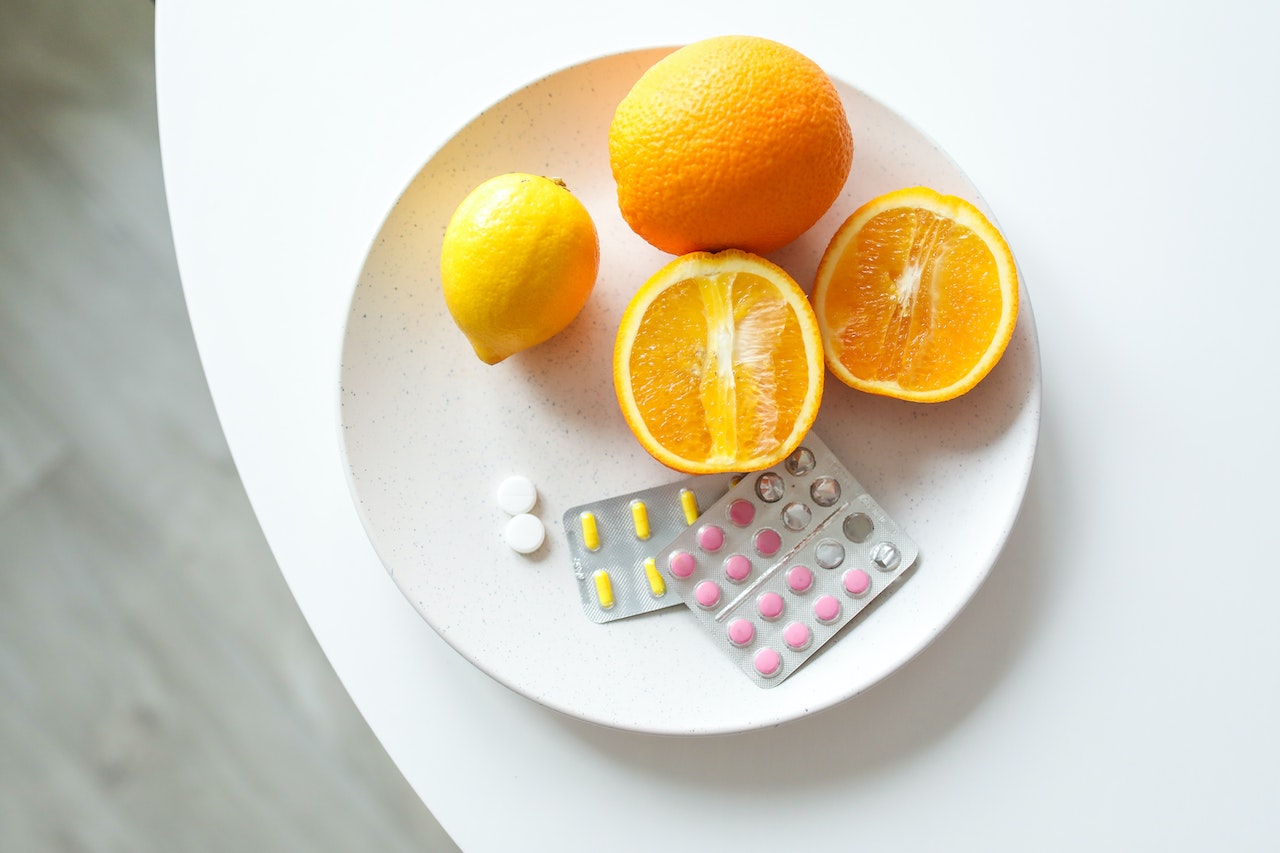
Even though there have been claims about a vegan meal plan lacking nutrients and leading to deficiencies, it may be combatted easily by proper planning. The diet may be carefully curated with all the vitamins, minerals, antioxidants, and other chemical compounds. Here are some plant-based alternatives which may be used to ensure that athletes are being provided with all the essential nutrients in their meals while following a vegan diet.
- Calcium: Tofu, broccoli, almonds, kale, soy milk, and orange juice
- Protein: Soy, quinoa, nuts, and seeds
- Omega-3 Fatty Acids: Flaxseed, plant-based supplements, and vegetable oils
- Iron: Peanut butter, tofu, spinach, and fortified cereals
- Vitamin B12: Plant-based supplements
Hence, by combining veggies, fruits, whole grains, plant-based proteins, and legumes; a high concentration of nutrients may be delivered for absorption. This unprocessed and vegan lifestyle may help in maintaining overall good health.
A Complete Diet Plan for Athletes From Morning to Night
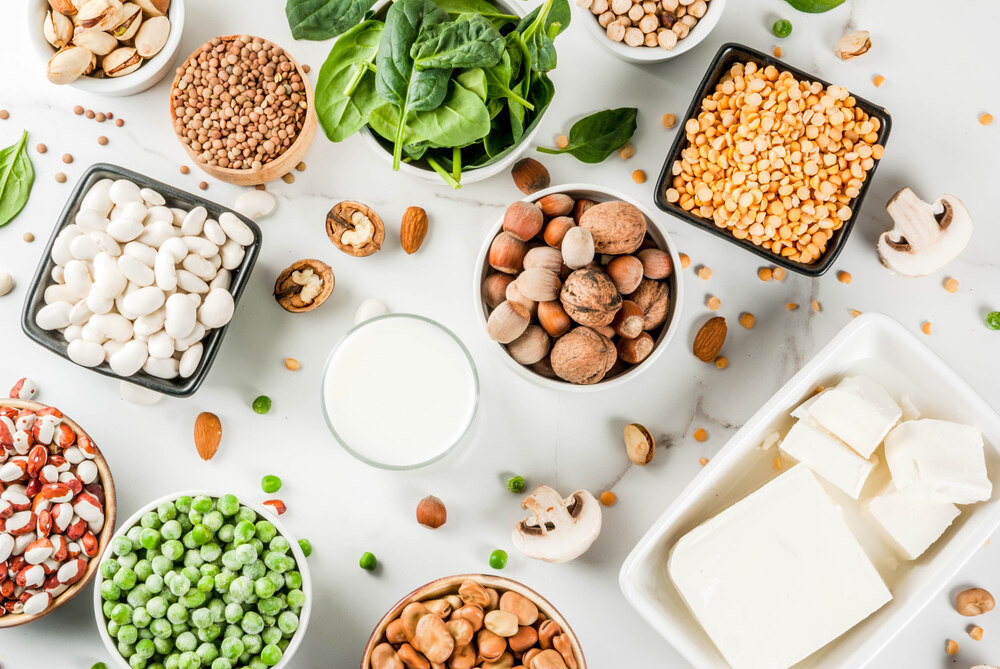
With the right knowledge about the ingredients and their nutritional value, devising a vegan meal plan for athletes may be easy. Ahead, we have put together two meal plans that will deliver all vitamins, minerals, and other chemical compounds for high performance and healthy living.
- Meal Plan One
Pre-Workout Snack: One energy bar made with oats, almonds, cashew nuts, maple syrup, and flaxseeds.
Breakfast: One whole-wheat bagel with two tablespoons of peanut butter, scrambled tofu (half block), and eight ounces of soy milk
Snack: Smoothie made with four ounces of plant milk and one banana
Lunch: One cup of American steamed sweet corn, one cup of boiled black beans, one cup of green leafy vegetables, and two slices of whole-grain bread
Snack: Two ounces of baked tofu or tempeh, one banana, fifteen almonds
Dinner: A Buddha bowl with two cups of boiled chickpeas, one cup of diced tofu, and two cups of rice along with a fruit of choice
Snack: Eight ounces of soy milk and two tablespoons of peanut butter
- Meal Plan Two
Breakfast: Whole-wheat sandwich with peanut butter, banana, maple syrup, and cinnamon
Snack: Smoothie made with spinach, kale, coconut water, pineapple chunks, mango, and a scoop of plant-based protein powder
Lunch: Buddha Bowl made with baked tofu, quinoa, kale, edamame, roasted sweet potatoes, one tablespoon of almond butter, and a drizzle of turmeric dressing
Snack: One vegan protein bar and an orange
Dinner: Chickpea and lentil pasta with vegan kale pesto, sauteed cherry tomatoes, broccoli, and zucchini
Snack: A handful of trail mix
Athletes across the world require proper nutrients and nourishment in their bodies for better energy levels during their training sessions and events. With the growing significance and popularity of veganism for both health and environmental reasons, a lot of famous sports personalities across the world are now adopting the plant-based lifestyle.
While veganism is known for its myriad of health benefits, it also has multiple drawbacks like nutrient deficiencies. But with proper planning, a vegan meal plan for athletes may be created to provide them with all the vitamins, minerals, antioxidants, and other nutrients that their bodies might require. Besides helping in increasing the energy levels of athletes, a vegan lifestyle may also help them recover from high-performance events or muscle pains caused by excessive training. Hence, even though athletes lead a dynamic and high-energy career, they can follow veganism easily along with it.





 JOIN OUR WHATSAPP CHANNEL
JOIN OUR WHATSAPP CHANNEL










